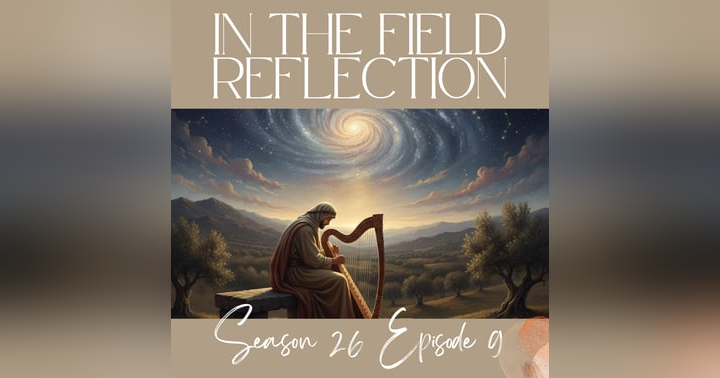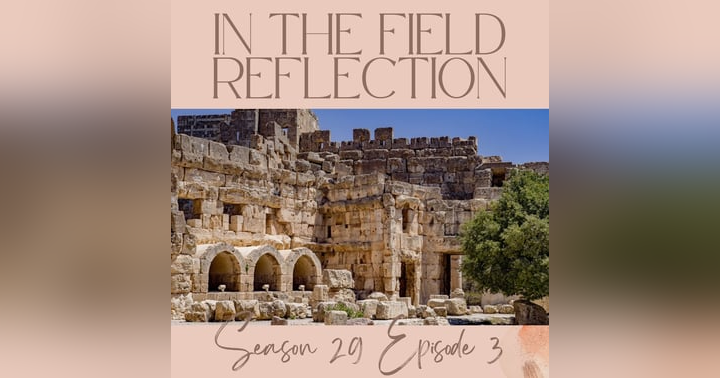Beyond the Wilderness: The Rest That Remains

Hebrews 4 presents one of the most profound paradoxes in Scripture: the concept of striving to enter rest. Throughout this powerful chapter, we encounter an urgent invitation that transcends time—a call to experience the rest that remains, the deep, soul-level peace that God has prepared for His people since the foundation of the world.
The chapter opens with a solemn warning that echoes across generations: "Therefore, while the promise of entering His rest is still open, let us take care that none of you should seem to have failed to reach it." This immediately establishes both urgency and opportunity. The writer reminds us that the Israelites who wandered in the wilderness heard the same good news we have, but it didn't benefit them because they failed to unite it with faith. Their example serves as a profound caution for believers today who might be tempted to approach God's promises with intellectual assent rather than heart-level trust and obedience.
What makes Hebrews 4 particularly compelling is how it redefines our understanding of rest. This isn't merely about physical relaxation or even the promised land that Joshua led the people into. The writer points to something far deeper—a spiritual state of being that mirrors God's own rest after creation. The repeated phrases "they shall not enter my rest" and references to "another day" create a theological framework that expands our understanding: God's rest transcends both time and physical location. It's a present and ongoing reality accessible "today" to those who respond to His voice with soft hearts and active faith.
Perhaps the most striking passage in this chapter comes when the writer describes God's Word as "living and active, sharper than any two-edged sword." This vivid imagery portrays divine truth not as static information but as a dynamic force that penetrates our innermost being, "piercing until it divides soul from spirit, joints from marrow." Nothing remains hidden; everything is "naked and laid bare" before God. Yet remarkably, this exposure doesn't lead to condemnation but becomes the pathway to grace through our sympathetic High Priest who understands our weaknesses.
The chapter concludes with an astonishing invitation to "approach the throne of grace with boldness." This represents a revolutionary shift from the Old Testament paradigm where access to God's presence was restricted and fraught with danger. Now, through Jesus, we can come confidently before God not because we've earned the right, but because He has made the way. The result? We "receive mercy and find grace to help in time of need"—exactly what weary souls require to enter and remain in God's rest.
The contemporary application of Hebrews 4 speaks powerfully to our achievement-oriented, restless culture. We often mistake busyness for purpose and productivity for worth. This chapter challenges us to examine where we're striving when God is asking for surrender, where we're restless when His presence is calling us home. The invitation remains open: to cease from our own works, to trust fully in Christ's completed work, and to experience the deep soul-satisfaction that comes only through faith-filled obedience.



